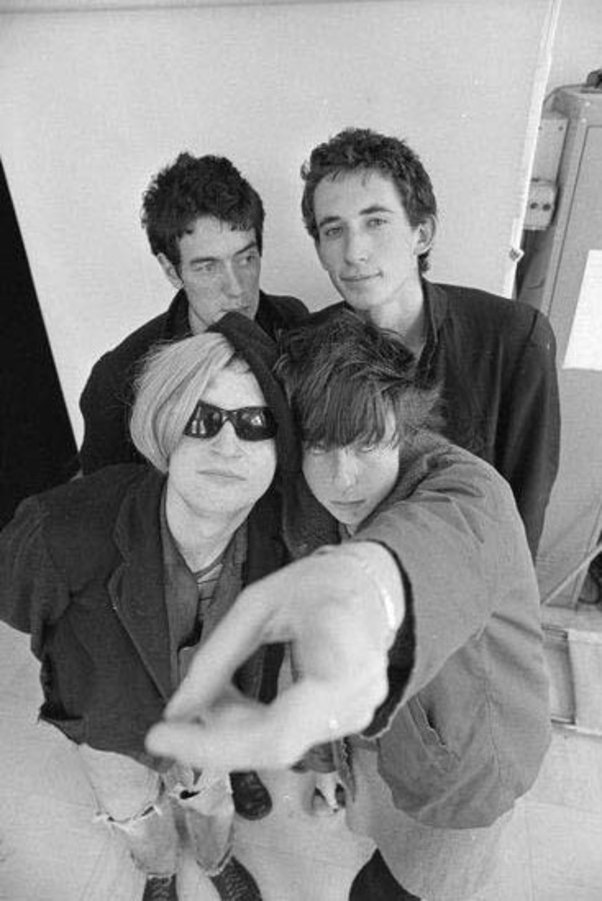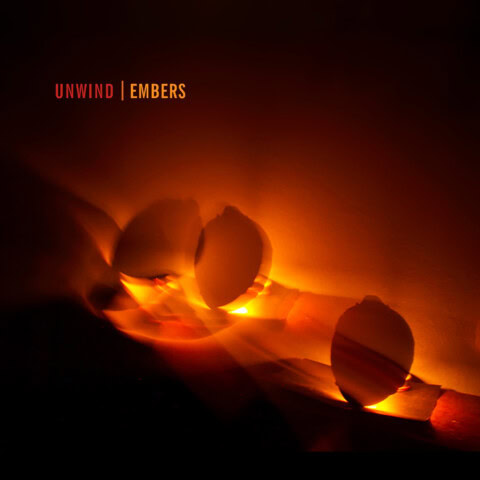The idea? Every day in May, to mark NZ Music Month and 38 years of his own rancid opining and reportage, Gary Steel will present something from his considerable behind. Personal archive, that is. The following piece on Greg Malcolm was published in Metro in August 2000. I still love the album 16 years later.
Sweet Sounds For Parking Wardens
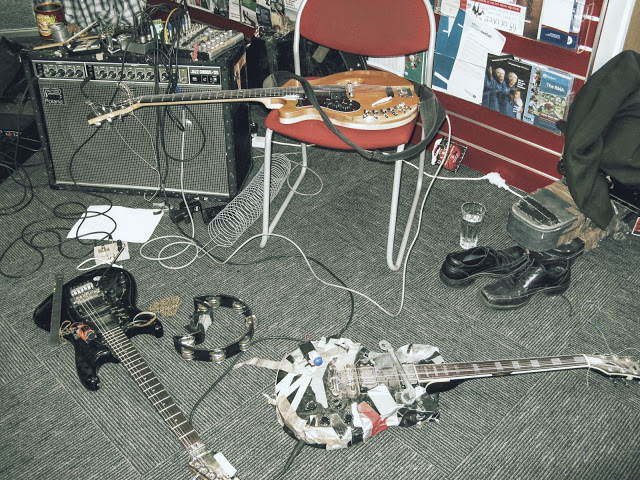 THE PIERCING, PROBING twang of National Radio host Kim Hill gets a full audio lobotomy on the new album by Christchurch-based musician Greg Malcolm. Turning the tables on his tormentor, Malcolm has constructed a strange and intrinsically Kiwi concept CD using copious snippets of the media coverage that erupted over his earlier song, ‘The Ballad Of Peter Plumley-Walker’. Newspaper hacks foolhardy enough to leave messages on Malcolm’s answerphone also get mercilessly garroted between and within the glorious, madcap musical mayhem generated by the brilliant avant-garde guitarist and his collaborators. Musically sharp, clever and occasionally gorgeous, What Is It Keith? (a line taken from a question Kim Hill posed to guest ‘culture expert’ Keith Stewart), thinks nothing of transposing Shadows-style guitar grooves with crazy, free jazz-influenced improvised sections. Oh, there’s a cutting Elton John pisstake in there somewhere, too. So, in the spirit of Malcolm’s original ode to the unfortunate Mr Plumley-Walker, we decided to engage in a little S&M (Steel & Malcolm) Q&A:
THE PIERCING, PROBING twang of National Radio host Kim Hill gets a full audio lobotomy on the new album by Christchurch-based musician Greg Malcolm. Turning the tables on his tormentor, Malcolm has constructed a strange and intrinsically Kiwi concept CD using copious snippets of the media coverage that erupted over his earlier song, ‘The Ballad Of Peter Plumley-Walker’. Newspaper hacks foolhardy enough to leave messages on Malcolm’s answerphone also get mercilessly garroted between and within the glorious, madcap musical mayhem generated by the brilliant avant-garde guitarist and his collaborators. Musically sharp, clever and occasionally gorgeous, What Is It Keith? (a line taken from a question Kim Hill posed to guest ‘culture expert’ Keith Stewart), thinks nothing of transposing Shadows-style guitar grooves with crazy, free jazz-influenced improvised sections. Oh, there’s a cutting Elton John pisstake in there somewhere, too. So, in the spirit of Malcolm’s original ode to the unfortunate Mr Plumley-Walker, we decided to engage in a little S&M (Steel & Malcolm) Q&A: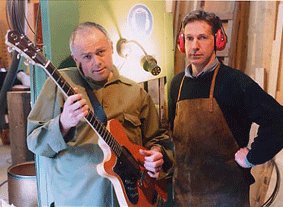 Q: Greg, what relevance does ‘What Is It Keith?’ have to the average Metro reader? You come from Christchurch, for Pete’s sake!
Q: Greg, what relevance does ‘What Is It Keith?’ have to the average Metro reader? You come from Christchurch, for Pete’s sake!M: It’s too small a country to divide up. Paul Holmes looks the same in Christchurch as he does in Auckland, unfortunately.
Q: Does humour belong in music?
M: Is it just me, or is music singled out as the only art form that humour doesn’t mix with? Most of the musicians I admire use humour. People have a tendency to write off anything humorous as light and lacking in substance, when often the opposite is true.
Q: Have you thought of staging ‘What Is It Keith?’ as a wee Kiwi opera? (Complete with Huka Falls water slide for the kids)
A: I planned to perform What Is Keith? as a multimedia event, but operas cost money and Kiri doesn’t come cheap. I can’t even guarantee a break-even tour for a three-piece band, let alone an opera.
Q: ‘What Is It Keith?’ is inevitably ‘about’ the media. But what’s it really saying?
A: My encounter with the media demonstrated them as ‘make happen’, rather than ‘make aware’ agents. How often is the news non-existent until catalytic journalism makes it happen? The media should be held accountable in the same way that they constantly pull up artists and politicians. It’s under-debated.
Q: The NZ media responded to your Plumley-Walker song with the expected approach: ‘Is it art? Is it offensive? Should our arts organisations be funding such stuff?’ Isn’t this public-pandering inevitable?
A: The media are constantly pulling artists up for immoral or irresponsible behaviour. Is it naive to expect the media to demonstrate that often the artist is merely illuminating aspects of their environment that may have otherwise gone unnoticed? Most of the media-formed opinions on the song were based on misinformation received from other media. Most people who commented on the song had not actually heard it.
Q: Are you a compulsive media voyeur, or does it only get your craw when it comes this close?
A: I haven’t lived in a house with a telly for 15 years. It is something that I have no interest in, but what choice do we have? I prefer my reality to be what I consider important. We are the fish, and it’s our water that’s being polluted.
 Q: Why did you go to Germany, and end up recording your album there?
Q: Why did you go to Germany, and end up recording your album there?A: Having lived in-and-around Berlin in the early ’90s, I knew it was the best place to live if I was interested in pursuing my avant garde music. My friends started an improvised music venue, which rapidly became the centre of interesting music in Berlin. It was great. I could walk down three flights of stairs and see what I still consider to be some of the most exciting music of our time AND get free drinks. I was the unco-operative member of the co-op: I couldn’t work the door or the bar as I would watch every concert, but I would make up for it by lighting the ovens (essential in 15-below Winters) and clean the toilets. Berlin was also a great place to base ourselves for touring. We performed our traditional New Zealand folk songs throughout Holland, Italy, Slovenia, Belgium, Switzerland, and of course Germany. I was able to live off playing my music, and the extra time enabled more commitment and incentive to develop my art. I came back to NZ because I got sick, and had no medical insurance or legal status in Germany.
Q: Why obscure such beautiful music with all that talking and silly carrying on?
A: Which is more subversive: dumb teen angst, or a state of anarchy seen to be working?
Q: Do you perform in a straight/non-humorous context as well?
A: I have performed my deadly serious Depresso Guitar programme several times. I find nothing funny about lying a guitar on my lap, sitting a mini-fan on it, and bowing it with a cello bow. Yet people still laugh.
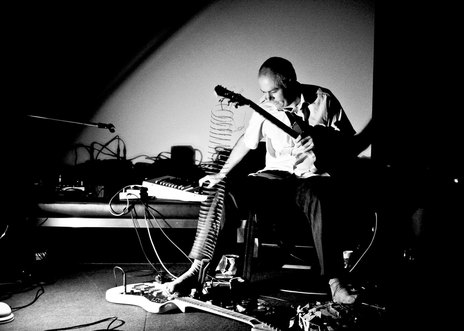 Q: Are you influenced by any of these people? Mama Cass, Fats Domino, John Zorn, John Holmes, Doctor Who, Dr Demento, George Strait, George Speight, Frank Zappa, Pia Zadora, Fred Dagg, Daggy & The Dickheads, The Byrds, The Bats.
Q: Are you influenced by any of these people? Mama Cass, Fats Domino, John Zorn, John Holmes, Doctor Who, Dr Demento, George Strait, George Speight, Frank Zappa, Pia Zadora, Fred Dagg, Daggy & The Dickheads, The Byrds, The Bats.A: I have always listened to a lot of ethnic music, from Inuits to Romanian folk music. Check out the Tarak de Haidouk. Korean folk and Tangent music from the world of Islam. My other mainstay is improvised and modern classical: Harry Partch, Webern, John Zorn, Hans Bennink, Eugene Chadbourne.
Q: Why did you make What Is It Keith? It’s not going to get you laid, you know.
A: I thought I could make a CD that raises some concerns I have, has great music, an overall unifying concept, and is profoundly weird. As for getting laid, that’s why I play bluegrass. It drives the ladies – and for that matter, the gentlemen – crazy.
Q: Is your music essentially free jazz, or free improv? And is freedom just another word for nothing left to lose?
A: I like free music, but it is only a small part of what I do. I would say that ‘unpopular’ is the only category I fit comfortably in. I am thinking about becoming a parking warden so I can integrate my art fully into my daily life.
Q: Do Kim Hill and the other reporters and news readers so liberally sampled on What Is It Keith? get royalties for their original material on your album?
A: Like the other musicians, they are entitled to free copies.
Notes: This may all be too NZ-referential, but Greg Malcolm is an undersung New Zealand institution, and of interest because he’s a genuine iconoclast. Very serious – and seriously excellent – with his guitar work, both in an avant-garde and more ‘popular’ incarnations, he’s one of those daring souls who always manages to bite the hand that could potentially feed him. Bravo!








